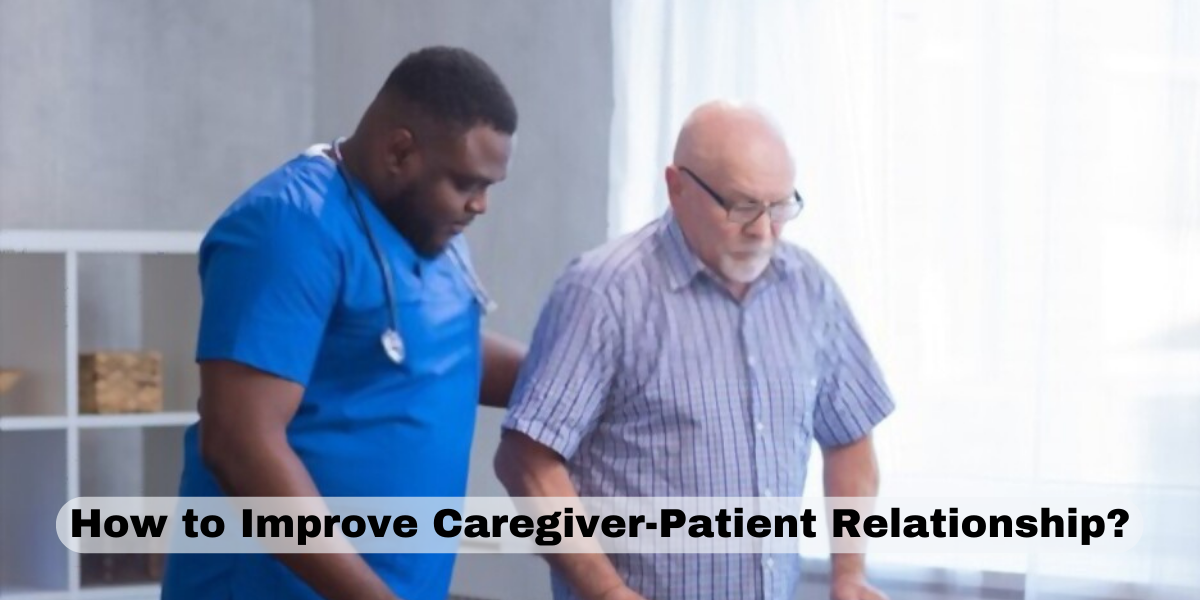A caregiver’s job entails far more than just taking care of patients and helping them with daily activities. Caregivers play an important role in encouraging patients to stay positive and healthy. As a care home manager, it is easy to focus on a caregiver’s professional experience and references. However, it is equally important to ensure that caregivers establish a strong rapport with patients. A good patient-caregiver relationship can significantly improve the patient’s quality of life. If you are a care home manager, here are some useful insights on improving caregiver-patient relationships:
1. Ensure caregivers are respectful with communication:
Good communication plays a vital role in the relationship between caregivers and patients. By setting clear expectations, understanding a patient’s needs and establishing trust, caregivers can deliver quality care. In addition, good communication can prevent misunderstandings and help the caregiving staff work more effectively as a team. For these reasons, it is important that your caregiving staff receive communication training on a regular basis. By investing in communication training, you can ensure that your caregivers are providing the best possible care for the patients.
Note: For instance, if caregiving staff in your care home deal with patients with learning disabilities, make sure that the staff not only communicates clearly but also pay attention to non-verbal cues.
2. Caregivers must be respectful of privacy:
You must encourage your caregiving staff to respect the privacy of patients by
letting them have a say in their care and listening to all their concerns. If a patient requests privacy, caregivers must always oblige. For instance, if a patient is using the restroom and demands to be left on his or her own, the caregiver must respect it. The caregiver must step out and give the privacy the patient needs. Such simple things make patients feel in control and maintain some form of independence. Caregivers must take privacy seriously. This also means that they should not discuss private patient issues with others.
3. Caregivers must have patience:
Patience is the bedrock of a good caregiver-patient relationship. When dealing with a patient, a caregiver must be patient. As a care home manager, you must encourage caregiving staff to develop patience by modelling patience. When your caregiving staff shows signs of strain, you need to support them, not get annoyed. Solutions to new challenges usually take time to put into practice and you must act patiently when difficult situations arise.
4. Caregivers must consult patients’ family members when needed:
For a good caregiver-patient relationship, it is important caregivers seek help from the family members of the patients. This is especially important when there is a change in the level of care or a patient is moving from one facility to another. As a care home manager, you must ensure that your caregiving staff consults with the patient’s family members when there is a need. Addressing problems early on is essential to maintaining a good relationship between the patient and caregiver.
5. Streamline medication administration: To help caregivers offer high-quality, person-centered care to patients, leverage the power of technology in your care home. Many care homes in the UK are using eMAR, a medication administration record software – it can help your care home automate medication management and administration processes. Make sure that your caregiving staff is trained to use various features such as taking notes, setting alerts and preparing monthly reports. In such a way, they can streamline their daily work, leaving them time to focus on offering quality care to their patients. Book a demo on how to use the eMAR medication administration record software.







